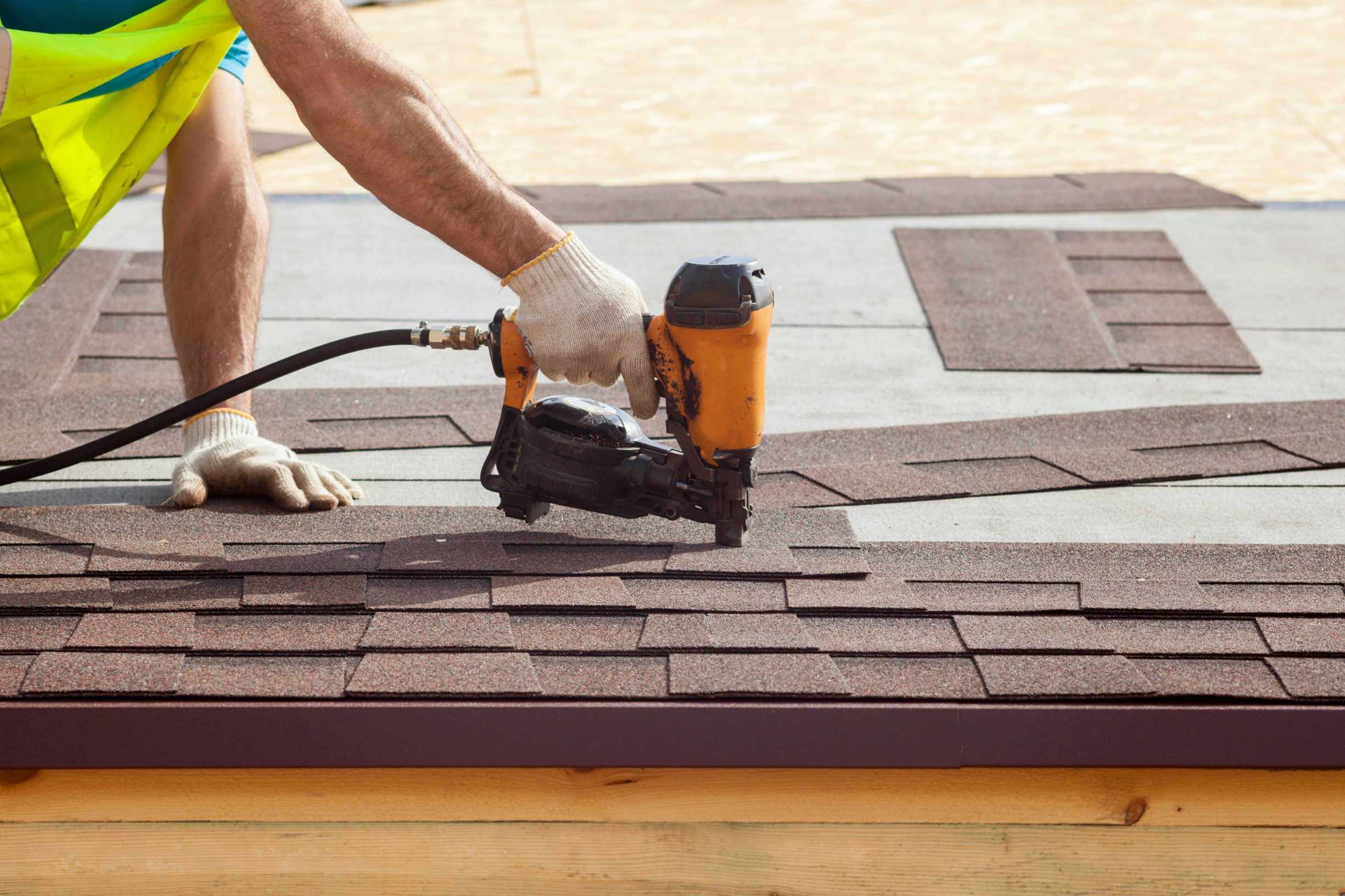

Articles
What Is An Asphalt Roof
Modified: October 20, 2024
Looking for informative articles on asphalt roofs? Discover what an asphalt roof is and how it can benefit your home. Read more now!
(Many of the links in this article redirect to a specific reviewed product. Your purchase of these products through affiliate links helps to generate commission for Storables.com, at no extra cost. Learn more)
Introduction
An asphalt roof is one of the most popular roofing options for residential and commercial buildings. It is a cost-effective and durable roofing material that provides protection from the elements while enhancing the aesthetic appeal of the structure. This article aims to provide a comprehensive guide to understanding asphalt roofs, including their definition, types of materials, benefits, maintenance, and common issues.
Roofing plays a crucial role in safeguarding a building from various weather conditions. Asphalt roofs, also known as composite shingles, are made from a combination of asphalt, fiberglass, and mineral granules. This composition creates a strong and resilient roofing material that can withstand harsh weather elements such as rain, snow, wind, and UV rays.
Asphalt shingles come in a variety of colors, styles, and textures, allowing homeowners to choose a roofing option that complements the architectural style of their property. Whether it’s a traditional or contemporary design, there is an asphalt roofing material available to suit every taste and preference.
One of the key features of asphalt roofs is their affordability. Compared to other roofing materials such as metal or tile, asphalt shingles are relatively inexpensive. This makes them a popular choice for budget-conscious homeowners and commercial property owners alike.
Furthermore, asphalt roofs are relatively easy to install, reducing the overall installation time and cost. Their lightweight nature also puts less stress on the building structure, making them suitable for a wide range of architectural designs.
In the following sections, we will delve deeper into the different types of asphalt roofing materials, the benefits they offer, maintenance and repair considerations, common issues to be aware of, and how to choose the right asphalt roofing contractor.
Key Takeaways:
- Asphalt roofs are a practical and affordable option for residential and commercial buildings, offering durability, a variety of styles, and low maintenance requirements. Choosing the right contractor is crucial for long-lasting protection.
- Regular maintenance and prompt repair of common issues such as leaks, cracked shingles, and moss growth are essential to preserve the integrity and longevity of asphalt roofs. Selecting a reputable contractor with local knowledge and clear communication is vital for successful installations and repairs.
Read more: What Is An Asphalt Driveway
Definition of Asphalt Roof
An asphalt roof, also known as a composite shingle roof, is a type of roofing system that utilizes asphalt as a key component. It is a popular choice for both residential and commercial buildings due to its affordability, durability, and versatility.
Asphalt roofs are made up of multiple layers that work together to provide protection and insulation. The base layer is typically made of fiberglass or organic material, which provides strength and stability to the roof. On top of the base layer, multiple layers of asphalt-saturated shingles are applied. These shingles are made of a combination of asphalt, fiberglass, and mineral granules.
The asphalt used in the roofing material acts as a binder, holding the shingles together and providing waterproofing capabilities. It also helps to protect the roof from UV rays, which can cause degradation and premature aging of the roofing material.
There are two main types of asphalt roofing shingles: fiberglass and organic. Fiberglass shingles are made with a fiberglass mat that is coated with asphalt and topped with ceramic granules. These shingles are lightweight, fire-resistant, and more resistant to warping and shrinking compared to organic shingles.
Organic asphalt shingles, on the other hand, are made with a base mat of organic felt, which is saturated with asphalt to make it waterproof. This type of shingle is heavier and more flexible, giving it a more natural appearance. However, organic shingles are less fire-resistant and have a shorter lifespan compared to fiberglass shingles.
Asphalt roofs are available in a wide range of colors and styles, allowing homeowners to choose a roofing option that best suits their aesthetic preferences and complements the architectural style of their property. Some common styles include architectural, three-tab, and designer shingles.
Overall, asphalt roofs offer a cost-effective and reliable roofing solution for buildings of all types. They provide excellent protection against the elements, require minimal maintenance, and can last for decades when properly installed and cared for. Whether you’re looking to install a new roof or replace an existing one, an asphalt roof is a practical and durable choice.
Types of Asphalt Roofing Materials
When it comes to asphalt roofing materials, there are several options available, each offering unique features and benefits. Here are some of the most common types of asphalt roofing materials:
- Three-Tab Shingles: Three-tab shingles are the most basic and traditional type of asphalt roofing material. They are called “three-tab” because each individual shingle has three evenly spaced tabs, giving it a uniform appearance. These shingles are lightweight, affordable, and easy to install. However, they have a shorter lifespan compared to other types of asphalt shingles.
- Architectural Shingles: Also known as dimensional or laminated shingles, architectural shingles are a popular choice for homeowners looking for enhanced durability and aesthetic appeal. These shingles are thicker than three-tab shingles and have a multi-dimensional appearance, simulating the look of more expensive roofing materials like wood or slate. Architectural shingles offer improved wind resistance and durability, making them a long-lasting option.
- Designer Shingles: Designer shingles are the premium option in asphalt roofing materials. They are designed to mimic the look and texture of high-end roofing materials, such as cedar shakes or natural slate. These shingles often come in unique shapes, patterns, and colors, allowing homeowners to achieve a customized and luxurious appearance for their roofs. Designer shingles combine exceptional durability with stunning aesthetics, making them a popular choice for upscale properties.
- Impact-Resistant Shingles: Impact-resistant shingles are specially designed to withstand hail and severe weather conditions. They have a reinforced construction that includes a layer of polymer or rubber to absorb impacts, reducing the risk of shingle damage. These shingles offer additional protection and can potentially lower insurance premiums in areas prone to hailstorms or high winds.
- Solar-Reflective Shingles: Solar-reflective shingles, also known as cool shingles, are designed to reflect solar heat and reduce the heat absorption into the building. These shingles have a reflective coating that helps to keep the interior cool, reducing energy consumption and improving comfort in hot climates. Solar-reflective shingles can contribute to energy savings and may qualify for energy-efficient tax credits or incentives.
It’s important to consider your specific needs, budget, and the climate in your area when choosing the right type of asphalt roofing material. Consulting with a professional roofing contractor can help you make an informed decision and ensure that you select the best option for your property.
Benefits of Asphalt Roofing
When it comes to roofing materials, asphalt shingles offer a range of benefits that make them a popular choice among homeowners and commercial property owners. Here are some key advantages of asphalt roofing:
- Affordability: Asphalt shingles are one of the most cost-effective roofing options available. They offer excellent value for money, making them an ideal choice for those on a budget or looking for a cost-effective roofing solution.
- Durability: Asphalt roofs are designed to withstand various weather conditions, including rain, wind, snow, and extreme temperatures. They are highly resistant to wind uplift and have excellent water-shedding capabilities.
- Wide Range of Styles: Asphalt shingles come in a variety of colors, shapes, and styles, allowing homeowners to find the perfect fit for their aesthetic preferences and architectural style.
- Easy Installation: Asphalt roofs are relatively easy to install, which helps reduce the overall installation time and cost. This makes it a convenient option for both new construction projects and roof replacements.
- Low Maintenance: Asphalt roofs require minimal maintenance, making them a hassle-free choice for property owners. Regular inspections and simple cleaning are usually sufficient to keep the roof in good condition.
- Energy Efficiency: Certain types of asphalt shingles, such as solar-reflective shingles, can help improve energy efficiency by reflecting sunlight and reducing heat absorption into the building. This can lead to lower cooling costs, especially in hot climates.
- Fire Resistance: Asphalt shingles have a high fire resistance rating, providing an added layer of safety for your property. They are designed to self-extinguish, which can help prevent the spread of fires.
- Long Lifespan: With proper installation and regular maintenance, asphalt roofs can last for 20 to 30 years or more. This longevity makes them a reliable and durable roofing option.
Overall, the benefits of asphalt roofing, including affordability, durability, ease of installation, and low maintenance, make it a practical and appealing choice for a wide range of properties. When combined with regular maintenance and proper installation by a professional roofing contractor, an asphalt roof can provide long-lasting protection and aesthetic appeal.
When installing an asphalt roof, make sure to use the proper underlayment to protect against water damage and to extend the life of the roof.
Maintenance and Repair of Asphalt Roofs
Maintaining and repairing your asphalt roof is essential to ensure its longevity and performance. By following some simple maintenance practices and addressing issues promptly, you can extend the lifespan of your roof and avoid costly repairs. Here are some key maintenance and repair considerations for asphalt roofs:
- Regular Inspections: It is recommended to inspect your roof at least twice a year, ideally in the spring and fall. Look for signs of damage, including cracked, curled, or missing shingles, loose or damaged flashing, and any debris buildup. Additionally, check for signs of leaks or water damage on the ceiling or in the attic.
- Cleaning: Keep your roof clean from debris such as leaves, branches, and moss. These can trap moisture and cause damage to the shingles, leading to deterioration. Use a soft-bristle brush or a leaf blower to remove any debris, being cautious not to damage the shingles.
- Gutter Maintenance: Clean out your gutters regularly to ensure proper water drainage from the roof. Clogged gutters can cause water to back up and seep under the shingles, leading to leaks and potential damage to the roof decking.
- Addressing Issues Promptly: If you notice any signs of damage, such as loose or missing shingles, cracks, or leaks, it is important to address them promptly. Ignoring these issues can lead to more extensive damage and costly repairs in the future. Hire a professional roofing contractor to assess the damage and perform the necessary repairs.
- Proper Ventilation: Ensure that your roof has proper ventilation to prevent humidity buildup and excessive heat in the attic. This can help prolong the life of the shingles and prevent issues such as mold or rotting of the roof structure.
- Avoid Walking on the Roof: While asphalt shingles are durable, walking on the roof can potentially cause damage, especially in cold weather or when the roof is wet. If necessary, hire a professional roofer who has the proper equipment and expertise to perform any necessary inspections or repairs.
- Professional Maintenance: Consider scheduling periodic professional maintenance inspections for your roof. A roofing professional can conduct a thorough assessment, identify any potential issues, and perform necessary repairs or maintenance tasks that you may not be able to do yourself.
Regular maintenance and prompt repair of any issues are key to preserving the integrity and longevity of your asphalt roof. By taking proactive steps and investing in proper care, you can ensure that your roof remains in good condition and provides optimal protection for your property.
Read more: What Is The Best Driveway Sealer For Asphalt
Common Issues with Asphalt Roofs
While asphalt roofs are known for their durability, they can still experience certain issues over time. Understanding these common problems can help you identify and address them before they lead to more extensive damage. Here are some of the common issues that can occur with asphalt roofs:
- Leaks: Leaks are one of the most common issues with any type of roof, including asphalt roofs. They can be caused by various factors, such as damaged shingles, cracked flashings, or improper installation. It is important to address leaks promptly to prevent further damage to the roof structure and the interior of the building.
- Blow-Offs: Severe windstorms can cause shingles to loosen or even blow off completely. This can leave the underlying roof decking exposed and vulnerable to water damage. Regular inspections and prompt repairs can help prevent blow-offs and protect your roof from wind-related damage.
- Cracked or Curling Shingles: Over time, asphalt shingles can develop cracks or begin to curl at the edges. This can be due to aging, extreme temperature fluctuations, or improper installation. Cracked or curling shingles can allow moisture to penetrate the roof, leading to leaks and further damage.
- Moss and Algae Growth: In humid and shaded areas, moss and algae can start growing on the shingles. While moss itself may not cause significant damage, it can retain moisture and accelerate the deterioration of the roofing material. Regular cleaning and maintenance can help prevent the growth of moss and algae.
- Ice Dams: In colder climates, ice dams can form on the roof edges, preventing proper water drainage. When snow melts, it can back up under the shingles, causing leaks and damage to the roof and interior of the building. Proper insulation and ventilation, as well as prompt removal of ice dams, can help mitigate this issue.
- Granule Loss: Over time, asphalt shingles can experience granule loss, where the protective mineral granules on the surface start to wear off. This can expose the underlying asphalt layer to the elements, leading to premature aging and deterioration of the shingles. Granule loss can be a sign of aging or a manufacturing defect.
- Improper Ventilation: Inadequate ventilation in the attic can lead to multiple issues with the asphalt roof. It can cause excessive heat buildup, leading to the deterioration of the shingles and potential damage to the roof structure. Proper ventilation is crucial to maintain the longevity and performance of the roof.
Regular inspections and maintenance by a professional roofing contractor can help identify these common issues early on and address them promptly. By addressing these problems in a timely manner, you can prevent further damage and extend the lifespan of your asphalt roof.
Choosing an Asphalt Roofing Contractor
When it comes to installing or repairing your asphalt roof, choosing the right roofing contractor is crucial. A reputable and experienced contractor will ensure that the job is done correctly, using high-quality materials and adhering to industry standards. Here are some key factors to consider when selecting an asphalt roofing contractor:
- Experience and Reputation: Look for a contractor with a solid reputation and extensive experience in asphalt roof installations and repairs. Check online reviews, ask for references, and inquire about their years of experience in the industry.
- Licensing and Insurance: Verify that the contractor has the necessary licenses and insurance coverage. This protects you from liability in case of accidents or property damage during the roofing project. Ask for proof of insurance and licenses before hiring a contractor.
- Local Knowledge: Choose a roofing contractor who is familiar with the local climate and building codes. They will understand the specific challenges and requirements for your area, ensuring that the roof is installed or repaired to withstand the local weather conditions.
- Written Estimates: Obtain written estimates from multiple contractors and compare them. The estimates should include detailed information about the scope of work, materials to be used, project timeline, and cost breakdown. This allows you to make an informed decision based on the provided information.
- Warranty: Inquire about the warranty options offered by the contractor. A reputable contractor will provide a warranty for both labor and materials, ensuring that you are protected against any defects or issues that may arise after the installation or repair.
- References and Portfolio: Ask the contractor for references from past clients and examples of their previous work. This allows you to assess the quality of their craftsmanship and verify their track record of successful roofing projects.
- Clear Communication: Choose a contractor who communicates clearly and promptly. They should be responsive to your inquiries and provide regular updates throughout the project. Good communication ensures that your expectations are met and that any concerns or issues are addressed promptly.
- Professionalism and Safety: Evaluate the professionalism of the contractor and their crew. They should have proper safety measures in place and follow industry best practices. A professional contractor will prioritize safety and ensure that the work area is clean and organized.
Remember to trust your instincts and choose a contractor whom you feel comfortable working with. Don’t rush into hiring the first contractor you come across. Take the time to research and compare different options, considering their qualifications, expertise, and overall reputation in the industry.
By selecting a reliable and reputable asphalt roofing contractor, you can have peace of mind knowing that your roof will be installed or repaired with high-quality materials and workmanship, providing long-lasting protection for your property.
Conclusion
Asphalt roofs are a popular and practical choice for residential and commercial buildings. They offer numerous benefits, including affordability, durability, versatility in style, and ease of installation. With proper maintenance and timely repairs, asphalt roofs can provide long-lasting protection and enhance the aesthetic appeal of any property.
Understanding the different types of asphalt roofing materials, such as three-tab shingles, architectural shingles, and designer shingles, allows you to choose the right option for your needs and preferences. Additionally, being aware of common issues that can arise with asphalt roofs, such as leaks, cracked shingles, and moss growth, empowers you to address these issues promptly and prevent further damage.
When it comes to installing or repairing an asphalt roof, choosing the right roofing contractor is key. Look for a contractor with a solid reputation, relevant experience, proper licensing, and insurance coverage. Obtaining multiple written estimates, checking references and portfolios, and ensuring clear communication will help you make an informed decision and hire a contractor you can trust.
In conclusion, asphalt roofs provide a cost-effective and reliable roofing solution. They offer durability, a wide range of styles, and low maintenance requirements. By taking the time to properly maintain your asphalt roof and selecting a reputable contractor, you can ensure the longevity and performance of your roof for years to come.
Frequently Asked Questions about What Is An Asphalt Roof
Was this page helpful?
At Storables.com, we guarantee accurate and reliable information. Our content, validated by Expert Board Contributors, is crafted following stringent Editorial Policies. We're committed to providing you with well-researched, expert-backed insights for all your informational needs.
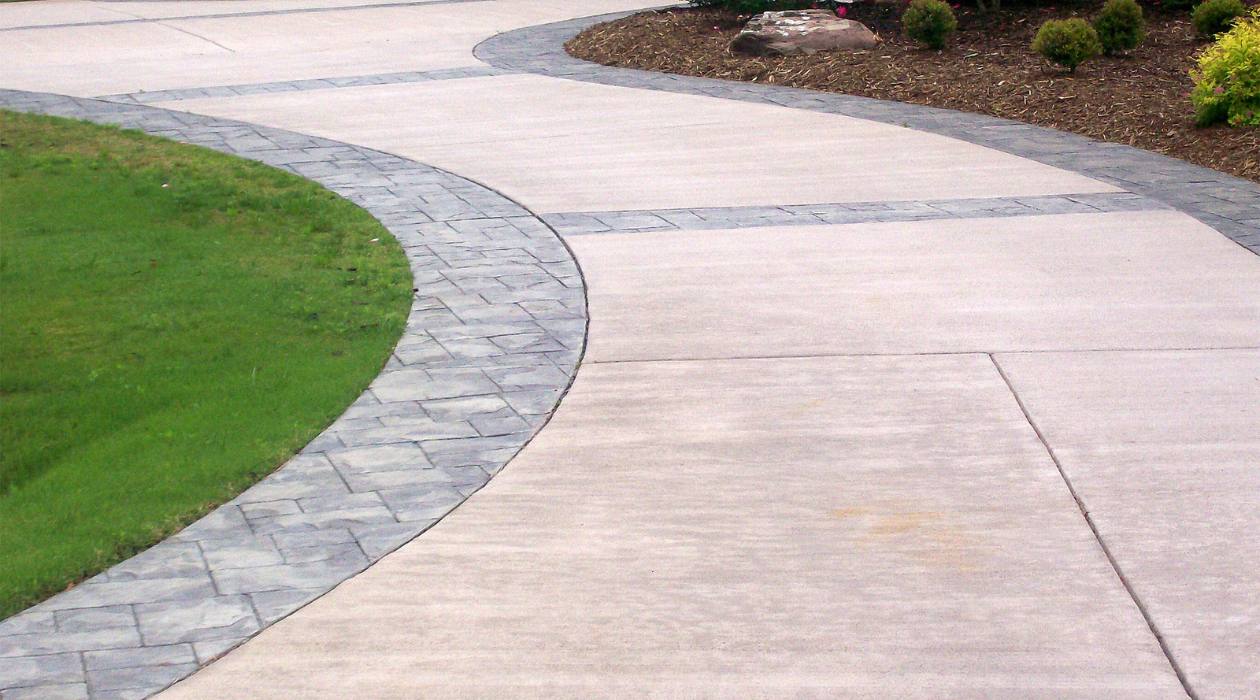
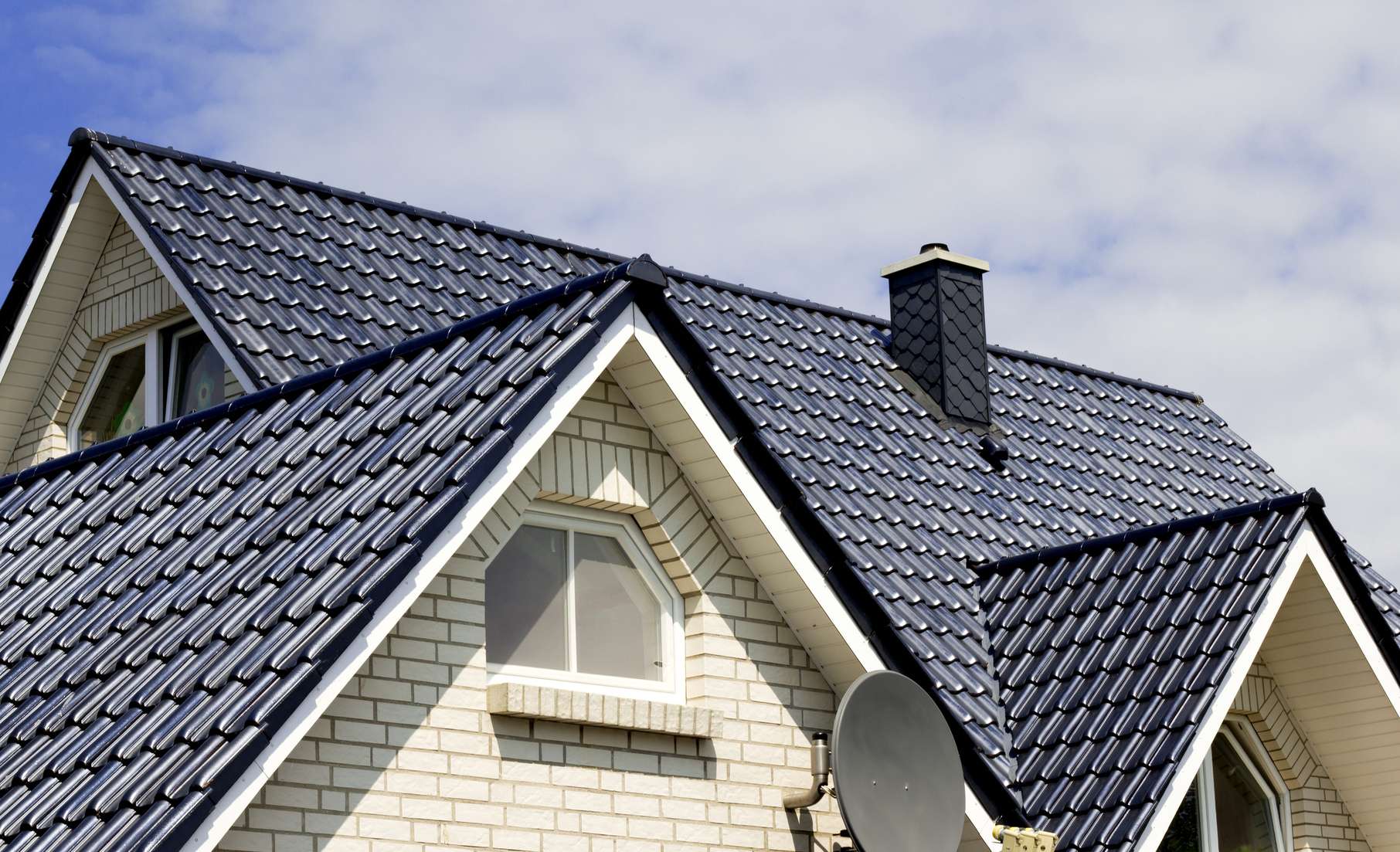
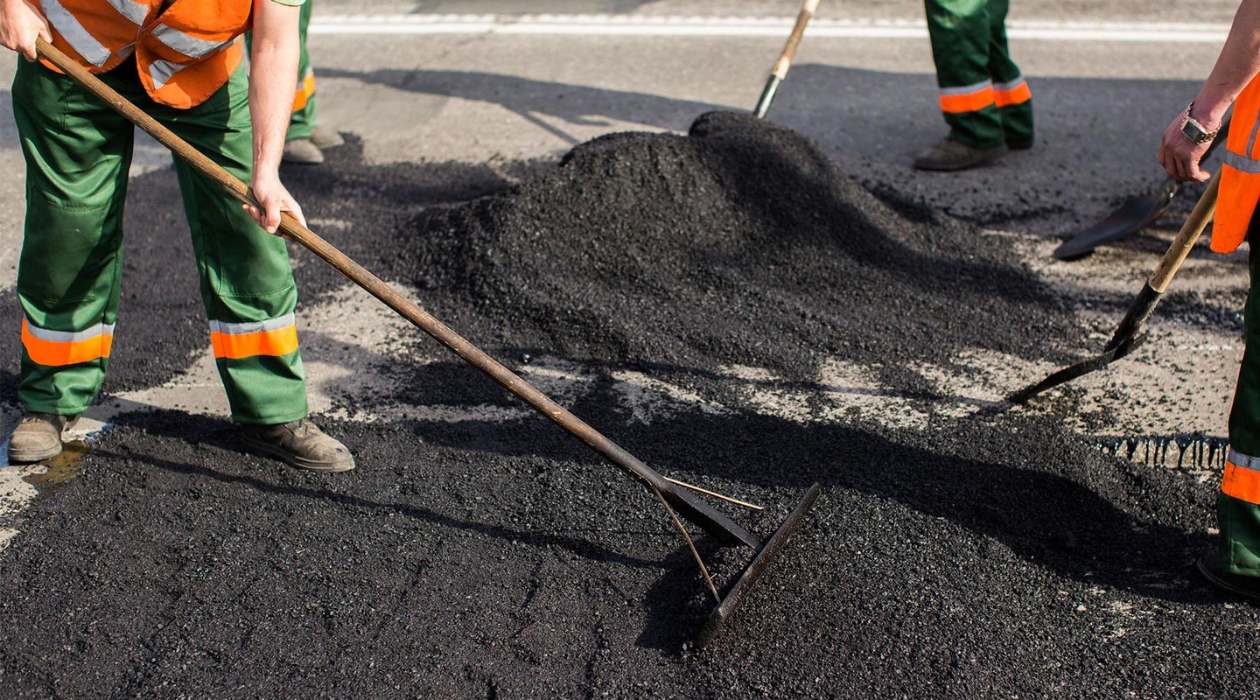
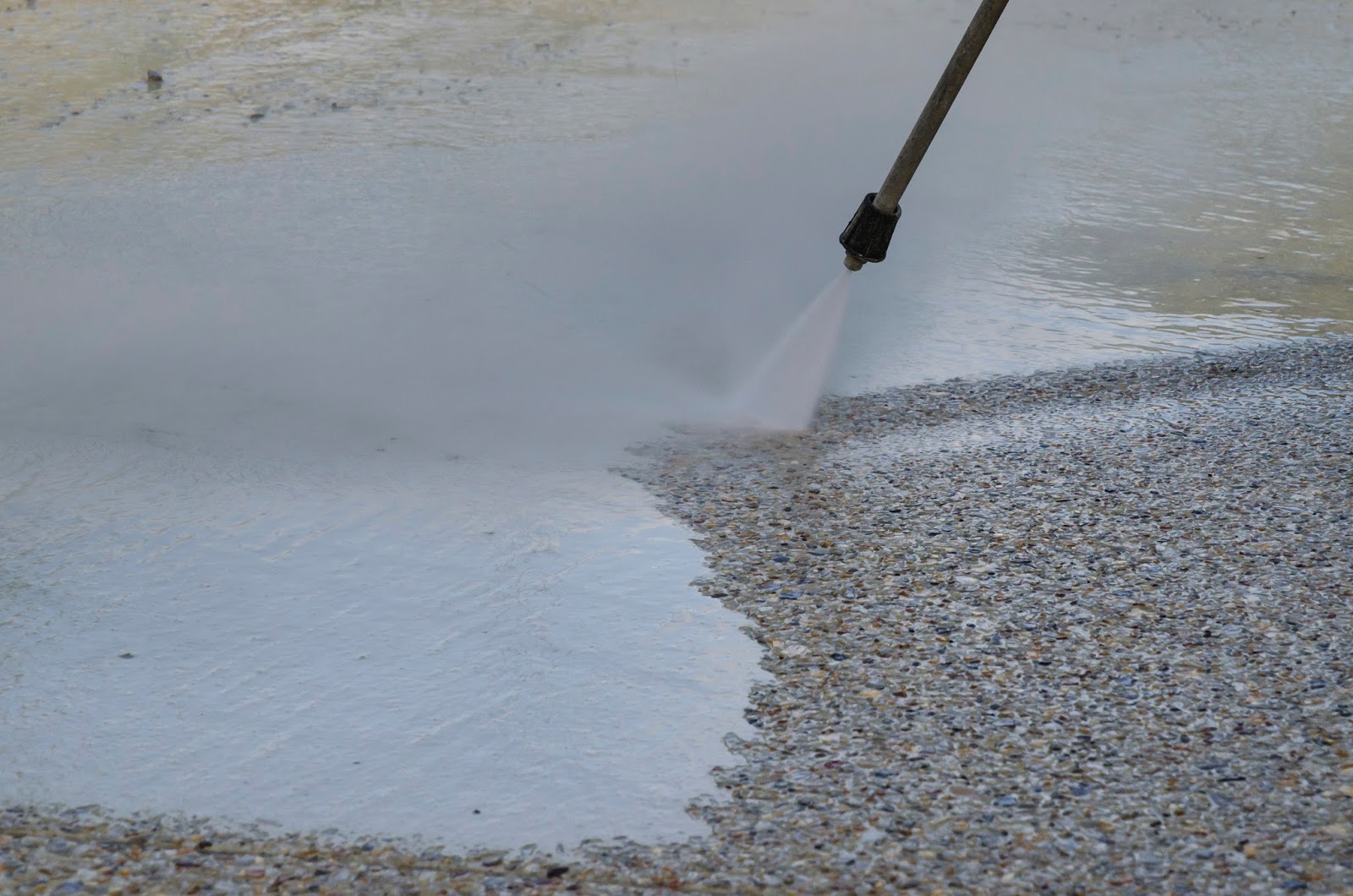

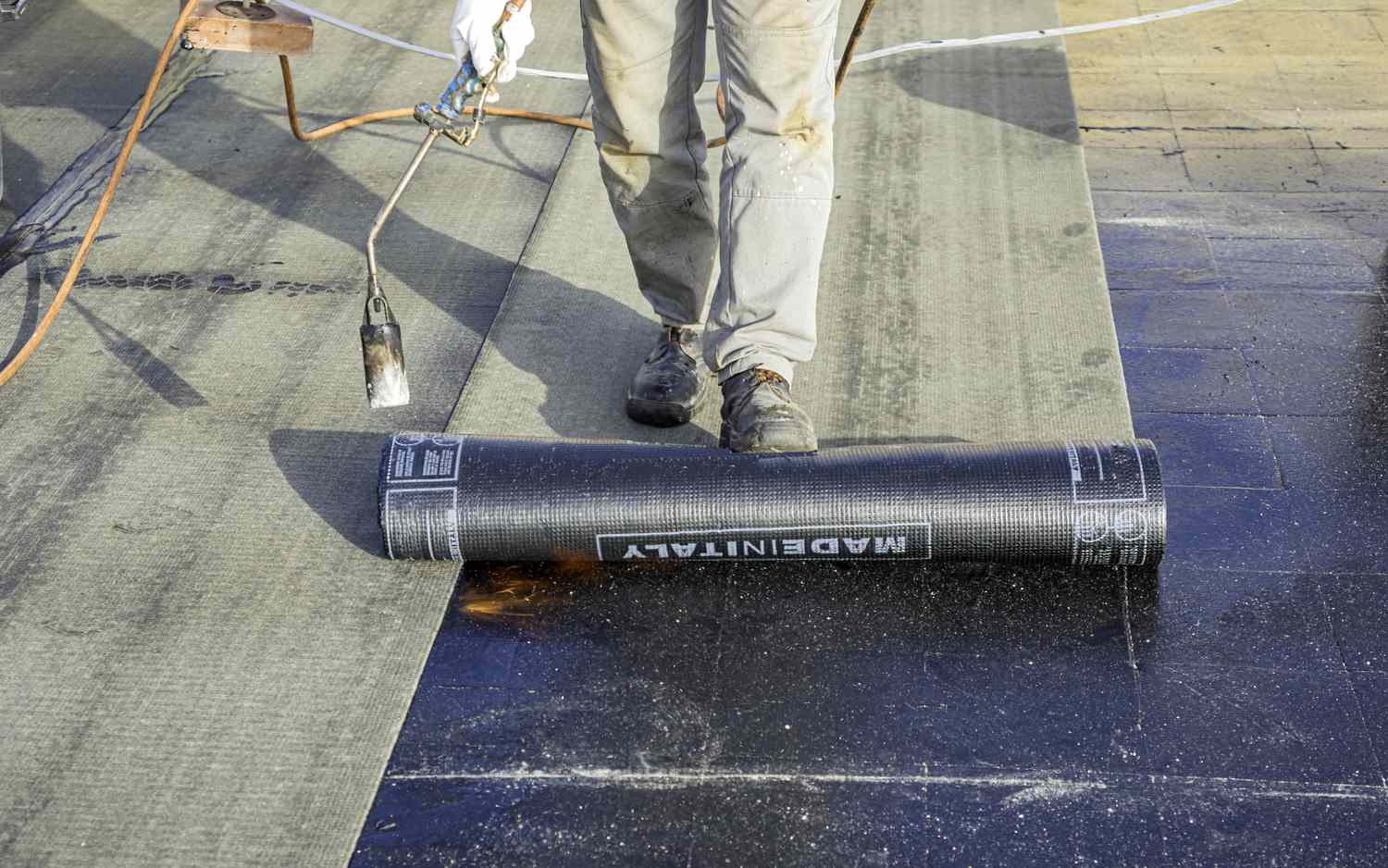
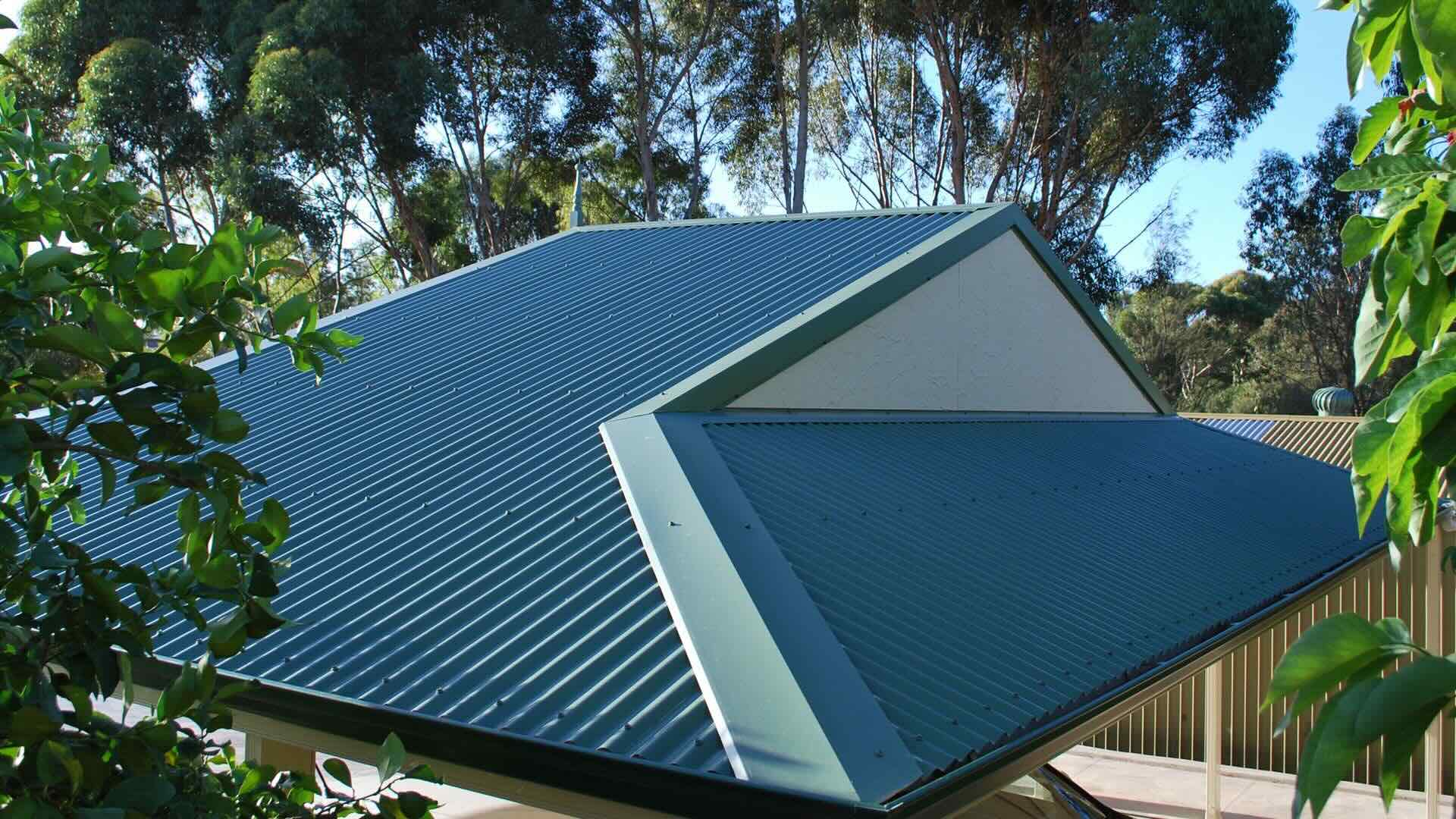
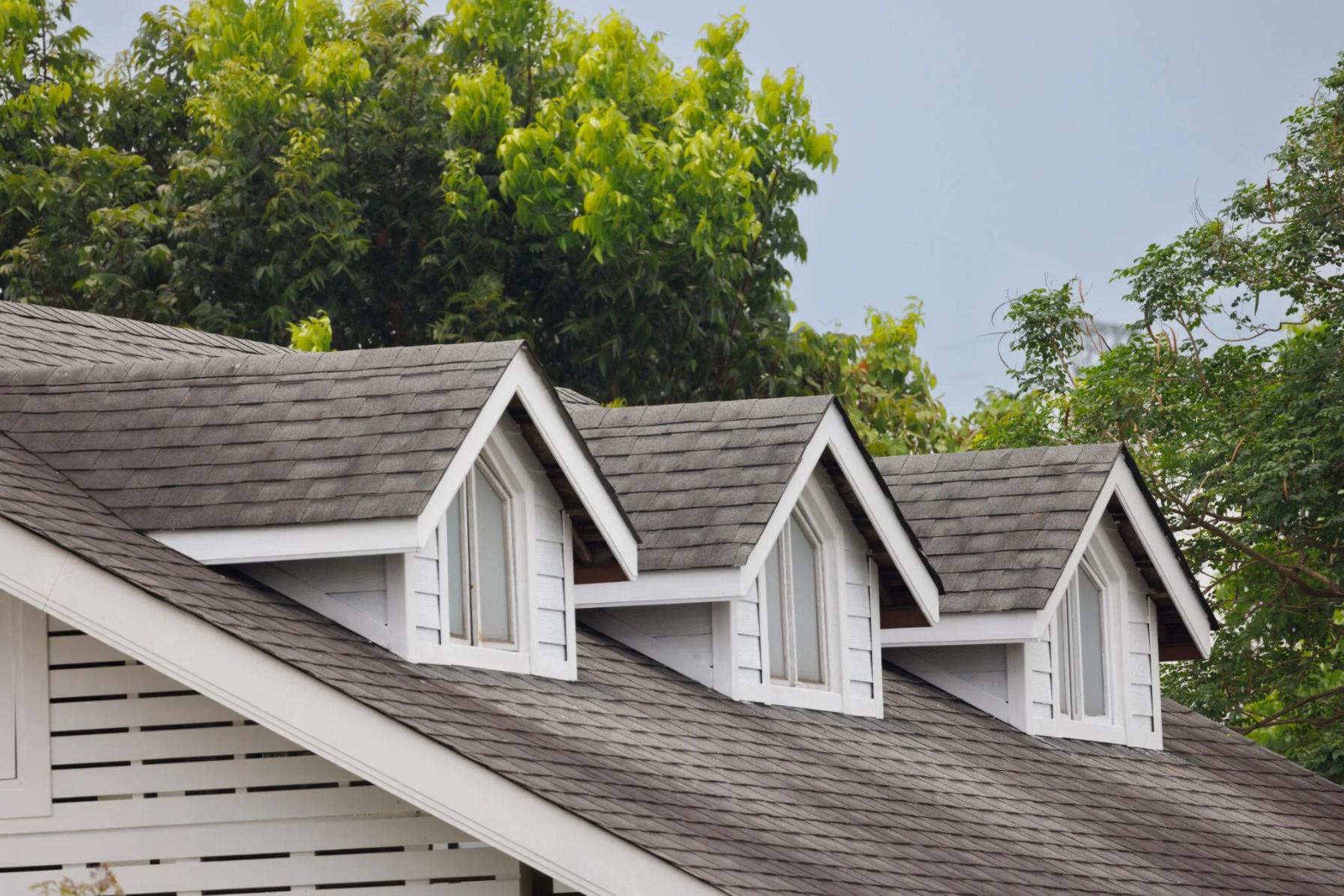
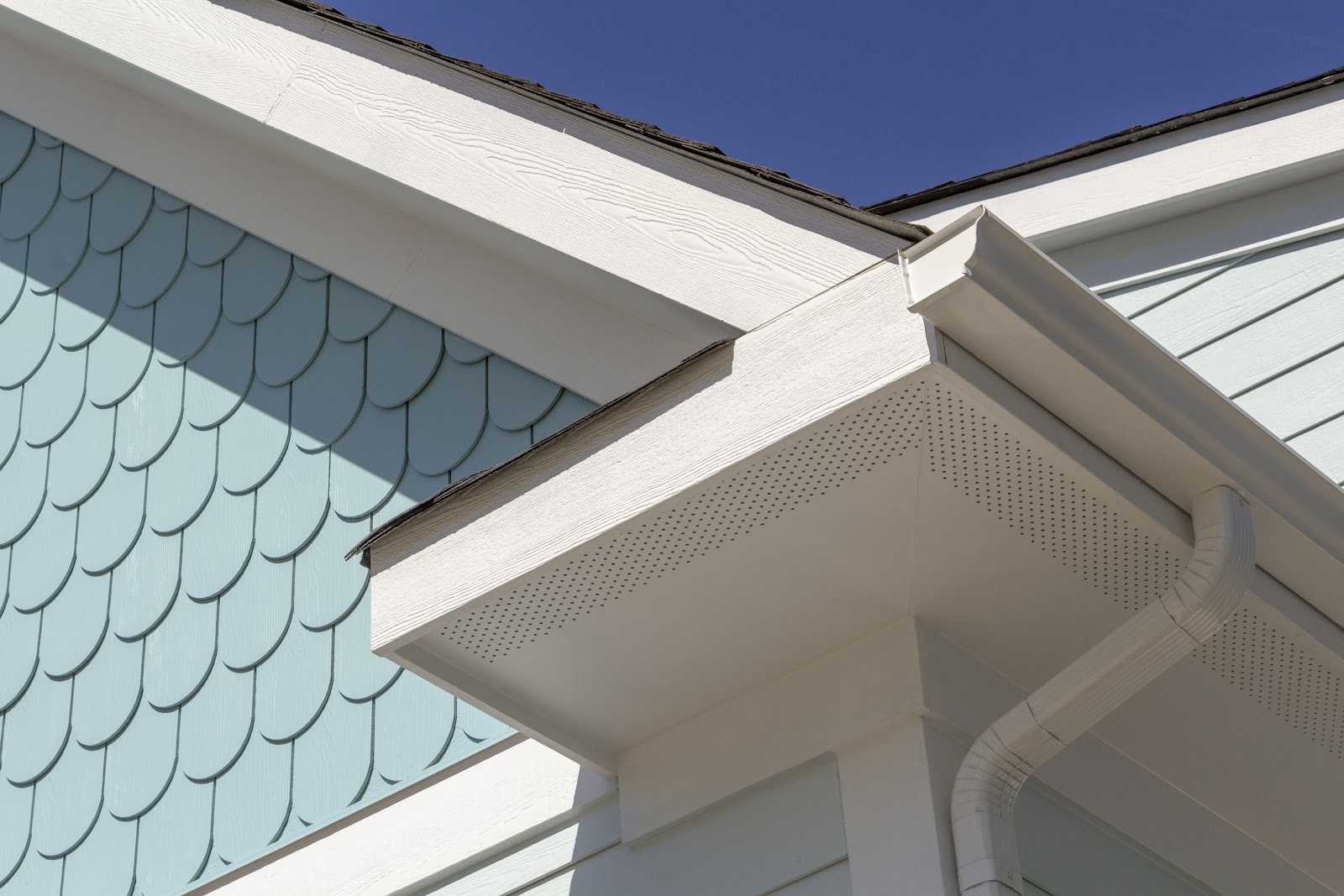
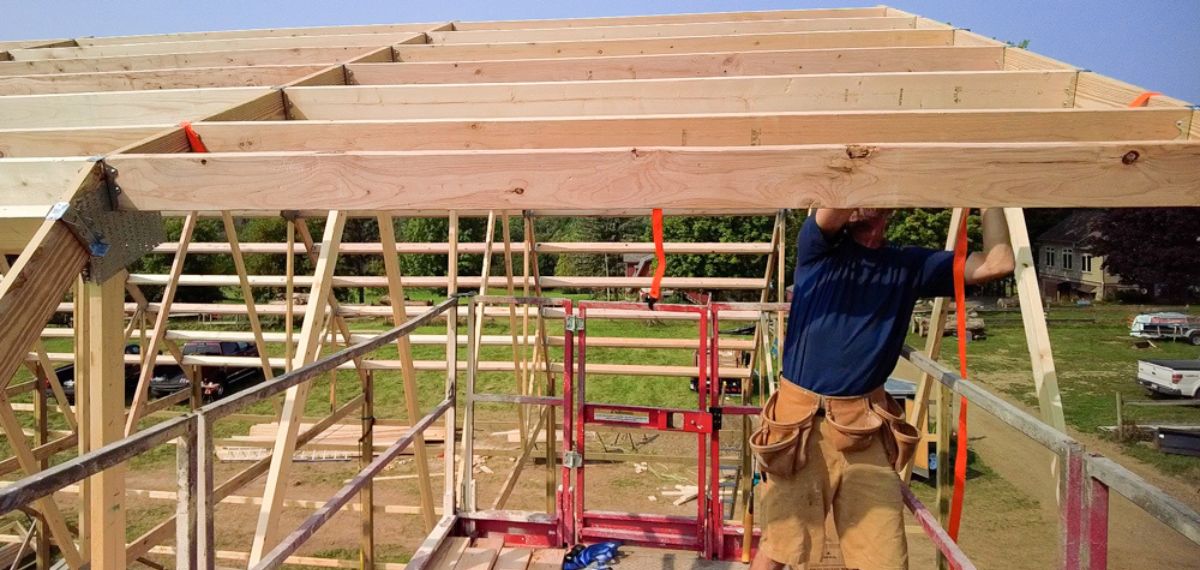
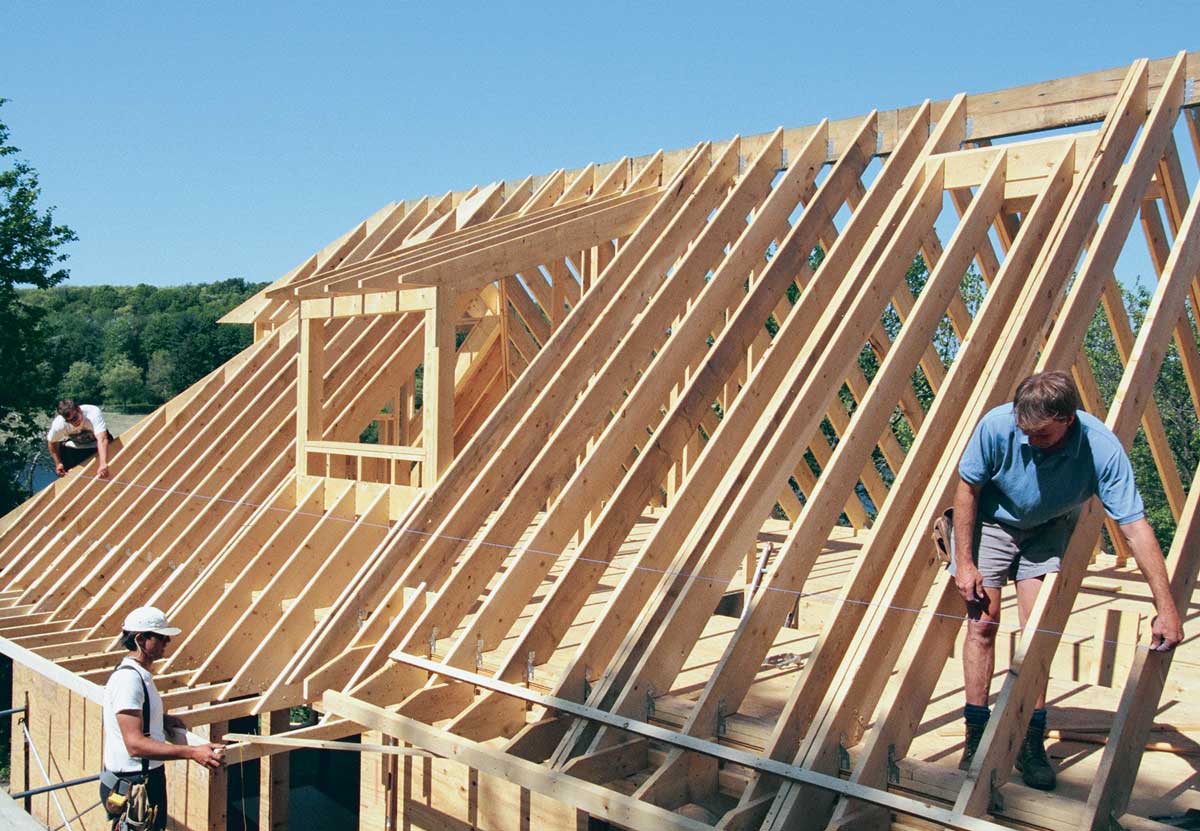
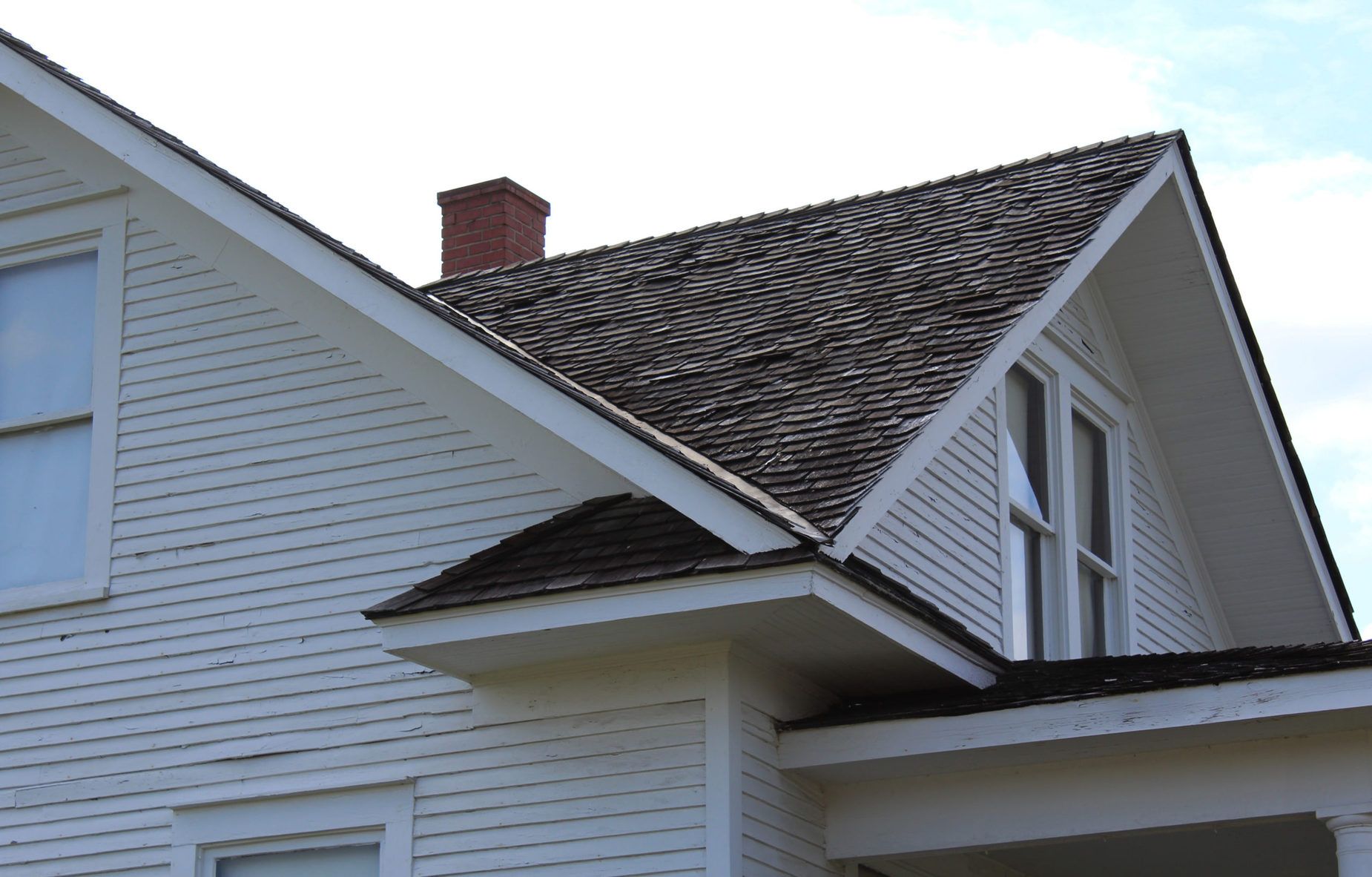
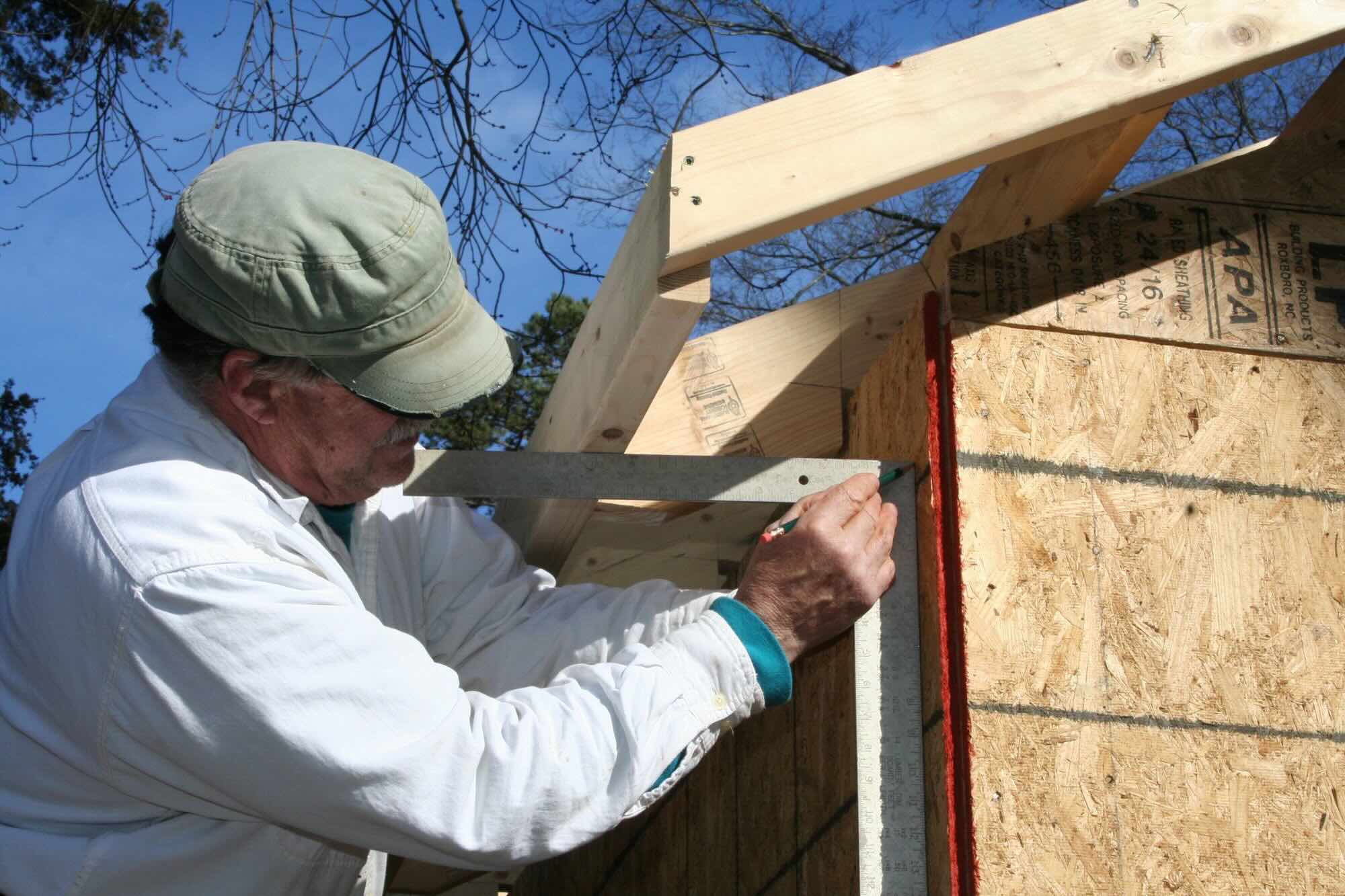
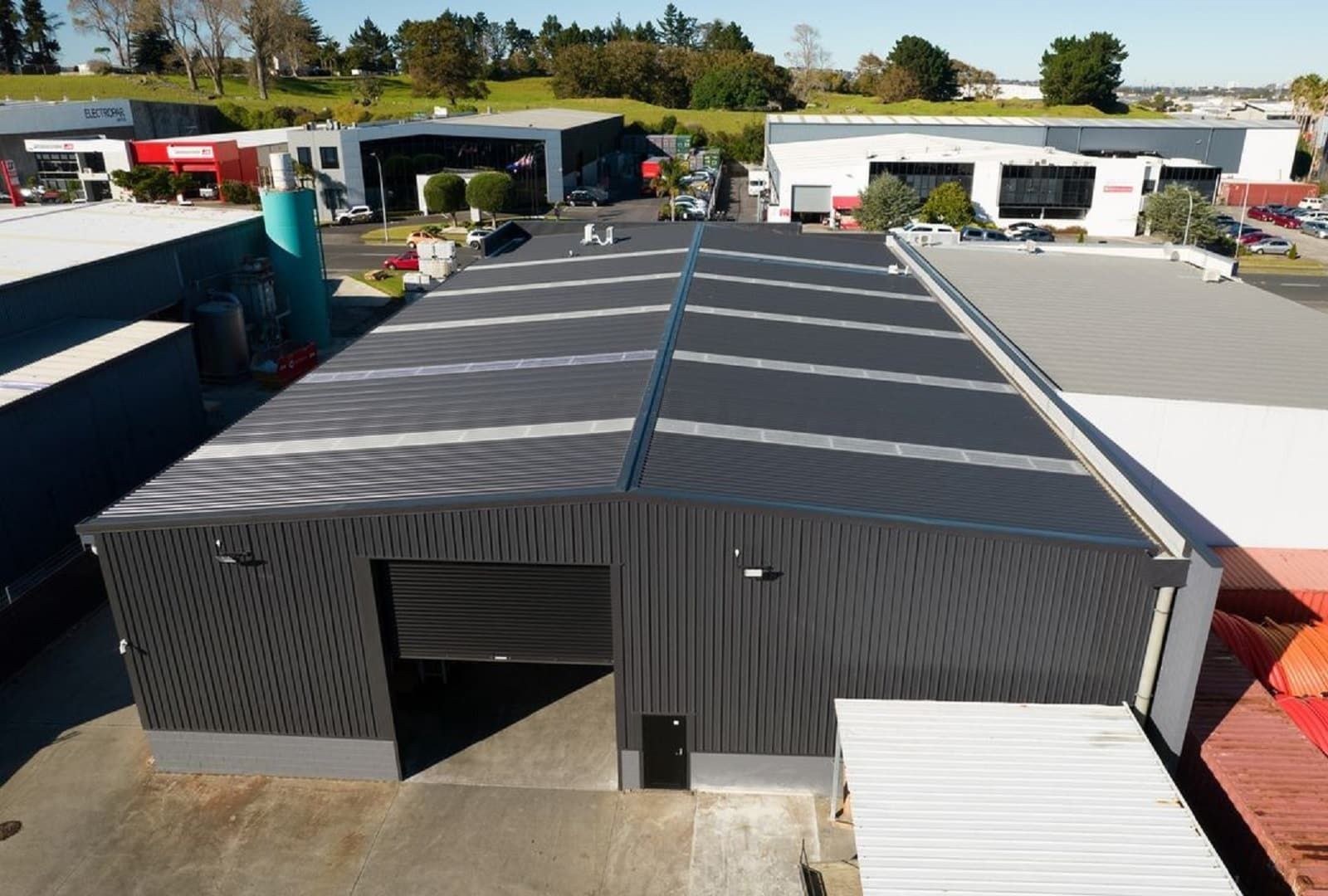

0 thoughts on “What Is An Asphalt Roof”